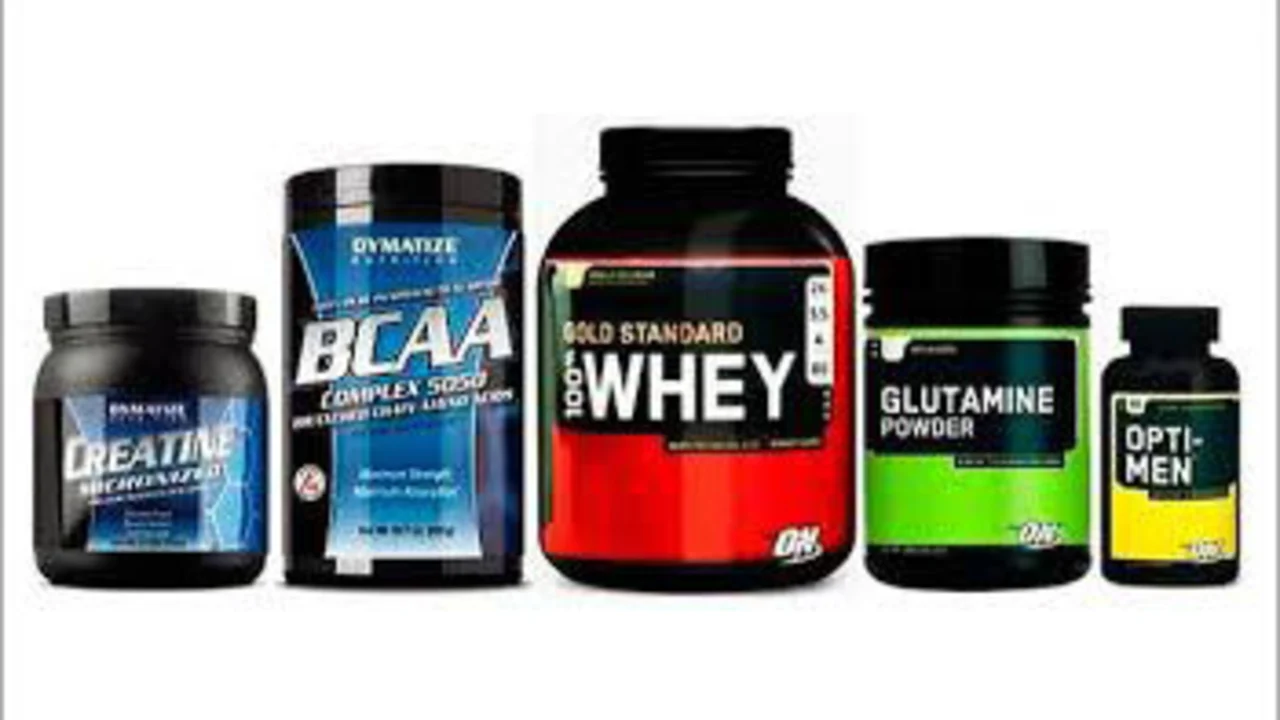Dietary Supplements – What They Are and How to Choose Them
If you’ve ever wondered whether a pill or powder could boost your health, you’re not alone. Dietary supplements cover everything from a daily multivitamin to exotic herbs like ground pine. They’re meant to fill gaps in your diet, support specific goals, or simply make you feel better. The key is to treat them like any other product you buy – with a clear idea of what you want and how to verify safety.
Why People Reach for Supplements
Most of us struggle to get every nutrient from food alone. Busy schedules, limited food variety, or specific health concerns can leave shortfalls. For example, iron‑rich diets can be hard to maintain for vegans, and older adults often need extra vitamin D for bone health. Supplements step in to bridge those gaps. They can also target performance goals, like joint comfort from glucosamine or focus support from omega‑3 fish oil.
Beyond filling nutritional holes, many users chase the “well‑being boost” promised by herbal blends. Ground pine, for instance, has caught attention for its antioxidant and anti‑inflammatory claims. While the hype can be tempting, remember that not every product lives up to the marketing. The best supplements combine solid science, transparent labeling, and a reputation for quality.
How to Pick Safe and Effective Supplements
Start with a clear purpose. Ask yourself: “What am I trying to improve?” If it’s a specific deficiency, a targeted capsule (like B‑12 for vegans) makes sense. For broader health, a reputable multivitamin that matches your age and gender is a safe bet.
Check the label for a few crucial details. First, look for the exact amount of each ingredient – not just a vague “contains vitamin C.” Second, verify that the product follows Good Manufacturing Practices (GMP) and carries a third‑party seal such as USP or NSF. Those stamps mean an independent lab tested the batch for purity and potency.
Beware of proprietary blends that hide ingredient amounts. If a formula lists “herbal blend” without specifying milligrams, you can’t know whether the dose is therapeutic. Also, watch out for added fillers, artificial colors, or allergens if you have sensitivities.
When possible, read recent user reviews or look for clinical studies linked to the product. A study showing that a specific dose of curcumin improved joint comfort carries more weight than a generic “helps your joints” claim.
Finally, talk to a healthcare professional, especially if you’re on prescription meds. Some supplements, like St. John’s wort, can interact with antidepressants or birth control pills. A quick check with your pharmacist can prevent nasty surprises.
In short, dietary supplements can be a handy tool, but they’re not magic pills. Pick products that address a real need, have transparent labeling, and are backed by quality testing. When you combine that with a balanced diet and regular activity, you’ll get the most out of your supplement routine.
Why Gossypol is the Next Big Thing in Dietary Supplements – Don't Miss Out!
Hi there! In this post, we're going to delve into the hot trending topic in the world of dietary supplements - Gossypol. This compound derived from cottonseed has been generating a lot of buzz due to its potential health benefits. Find out why Gossypol is being hailed as the next big thing and why you definitely don't want to miss out. Stay tuned for a deep dive into its benefits and what it could mean for your health regimen.
Learn more...